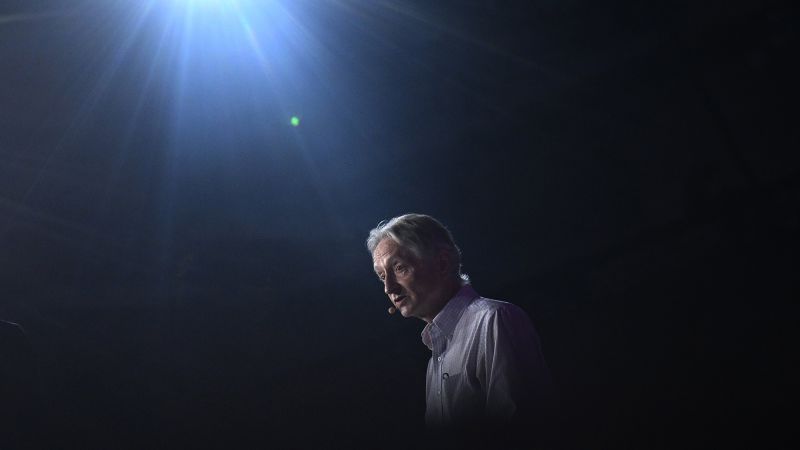
With AI warning, Nobel winner joins ranks of laureates who’ve cautioned about the risks of their own work
CNN
When computer scientist Geoffrey Hinton won the Nobel Prize in physics on Tuesday for his work on machine learning, he immediately issued a warning about the power of the technology that his research helped propel: artificial intelligence.
When computer scientist Geoffrey Hinton won the Nobel Prize in physics on Tuesday for his work on machine learning, he immediately issued a warning about the power of the technology that his research helped propel: artificial intelligence. “It will be comparable with the Industrial Revolution,” he said just after the announcement. “But instead of exceeding people in physical strength, it’s going to exceed people in intellectual ability. We have no experience of what it’s like to have things smarter than us.” Hinton, who famously quit Google to warn about the potential dangers of AI, has been called the godfather of the technology. Now affiliated with the University of Toronto, he shared the prize with Princeton University professor John Hopfield “for foundational discoveries and inventions that enable machine learning with artificial neural networks.” And while Hinton acknowledges that AI could transform parts of society for the better – leading to a “huge improvement in productivity” in areas like health care, for example – he also emphasized the potential for “a number of possible bad consequences, particularly the threat of these things getting out of control.” “I am worried that the overall consequence of this might be systems more intelligent than us that eventually take control,” he said. Hinton isn’t the first Nobel laureate to warn about the risks of the technology that he helped pioneer. Here’s a look at others who issued similar cautions about their own work.





















 Run 3 Space | Play Space Running Game
Run 3 Space | Play Space Running Game Traffic Jam 3D | Online Racing Game
Traffic Jam 3D | Online Racing Game Duck Hunt | Play Old Classic Game
Duck Hunt | Play Old Classic Game


